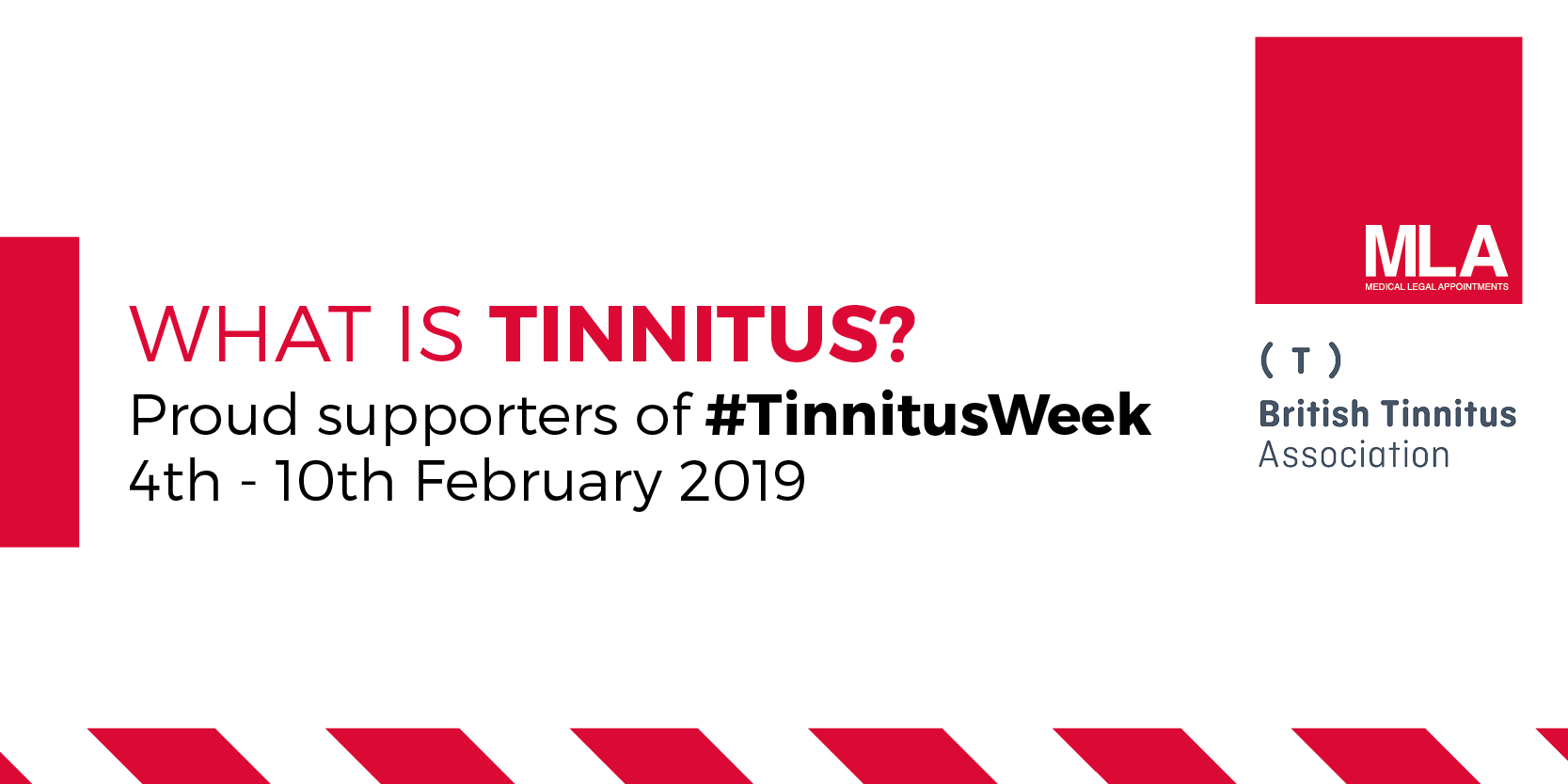By definition, tinnitus is the medical term for any sound people hear with no external noise. It is often linked to hearing loss caused by normal ageing or exposure to loud noise, but it can also be a symptom of other ear conditions.
Those suffering from tinnitus will normally experience a ringing in the ears, but it can also sound like buzzing, humming, whistling or whooshing. Dr. LaGuinn Sherlock, a clinical audiologist, compares dealing with tinnitus to a candle. “Picture a dark room. If you add one candle to the room, you’ll notice it immediately. If we light a candle in a room full of light, we don’t really notice it.”
Tinnitus is a condition that can affect people of all ages, even children, but it is most common in older adults. Many people experience tinnitus for a short amount of time after listening to loud music, or when they have congestion because of a cold. However, 1 in 10 adults in the UK have tinnitus all the time or frequently – that’s approximately six million people.
The most common causes of tinnitus
- Regular and prolonged exposure to loud sounds
- Ototoxic drugs that harm the cochlea and/or hearing nerve
- Genetic predisposition
- Complications at birth
- Injury to the head
- Benign tumours on the auditory nerve
Emotional impact
Tinnitus, along with hearing loss and hyperacusis, can have a debilitating impact on sufferers physically, emotionally and socially. Evidence suggests that tinnitus is linked to depression, which can worsen the perception of the condition. This is because the condition can lead to withdrawal from social situations and emotional distress.
Treatment of Tinnitus
Treatment of tinnitus varies depending on the severity, as some people find that they are able to manage their tinnitus with deep breathing, yoga or listening to music.
For those who find it difficult to sleep, sound pillows can help drown out the noise in the inner ear. If the tinnitus affects your daily routine, Sound Therapy or Tinnitus Retraining Therapy can assist in distracting the ringing with neutral sounds and make it less noticeable.
Diagnosing Tinnitus
There is no diagnostic test that either confirms the presence of tinnitus or its severity. A five-point severity grading scheme was developed by a working group of six tinnitus experts, chaired by Consultant ENT surgeon Andrew McCombe, which has become the accepted method.
The five severity points and definitions are listed below:
Grade 1 – slight (THI 0-16) Only heard in a quiet environment, very easily masked. No interference with sleep or daily activities. This grading should cover most people who are experiencing tinnitus but are not troubled by it.
Grade 2 – mild (THI 18-36) Easily masked by environmental sound and easily forgotten with activities. May occasionally interfere with sleep but not daily activities.
Grade 3 – moderate (THI 38-56) May be noticed even in the presence of background or environmental noise, although daily activities may still be performed. Less noticeable when concentrating. Infrequently interferes with sleep and quiet activities. The majority of people suffering from tinnitus should fall into grades 2 and 3.
Grade 4 – severe (THI 58-76) Almost always heard, rarely if ever masked. Leads to disturbed sleep pattern and can interfere with ability to carry out normal daily activities. Quiet activities adversely affected. Hearing loss is likely to be present. Grading in this group should be uncommon.
Grade 5 – catastrophic (THI 78-100) All tinnitus symptoms at level severe or worse. Hearing loss likely to be present. Associated psychological pathology is likely to be found in hospital or GP records. Grading in this group should be extremely rare.
As stress and anxiety can make tinnitus symptoms worse, some therapies such as CBT (Cognitive Behavioural Therapy) may assist in managing this.
Reliable Audiology and NIHL reports
At MLA, we have a team of experienced individuals who provide Audiology and NIHL reports for the diagnosis and quantification of NIHL and tinnitus grading. We place ourselves at the forefront of the industry and pride ourselves on driving innovation and efficiencies throughout our service delivery.
To find out more about our NIHL services, speak to our dedicated team today.

